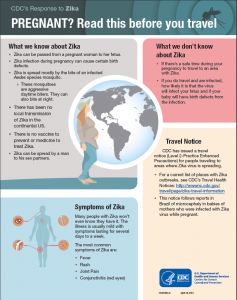Even if you do everything right, you can still have preterm labor. Preterm labor is labor that happens too early, before 37 weeks of pregnancy.

Babies born before 37 weeks of pregnancy are called premature. Premature babies can have serious health problems at birth and later in life. Learning the signs of preterm labor may help keep your baby from being born too early.
When you see your provider, she may check your cervix to see if you’re in labor. The cervix is the opening to the uterus (womb) that sits at the top of the vagina (birth canal). If you’re in labor, your provider may give you treatment to help stop labor or to improve your baby’s health before birth.
If you have preterm labor, getting help is the best thing you can do.
What are the signs and symptoms of preterm labor?
- Change in your vaginal discharge (watery, mucus or bloody) or more vaginal discharge than usual
- Pressure in your pelvis or lower belly, like your baby is pushing down
- Constant low, dull backache
- Belly cramps with or without diarrhea
- Regular or frequent contractions that make your belly tighten like a fist. The contractions may or may not be painful.
- Your water breaks
If you have even one sign or symptom of preterm labor, call your health care provider right away.
Watch a video about preterm labor at: https://www.marchofdimes.org/complications/preterm-labor-and-premature-baby.aspx#


